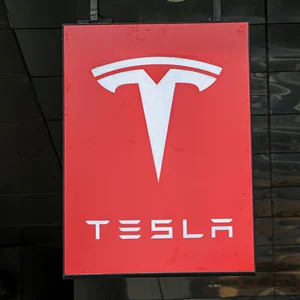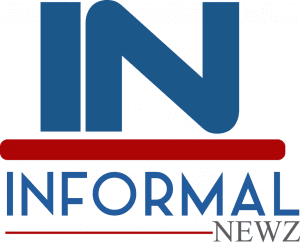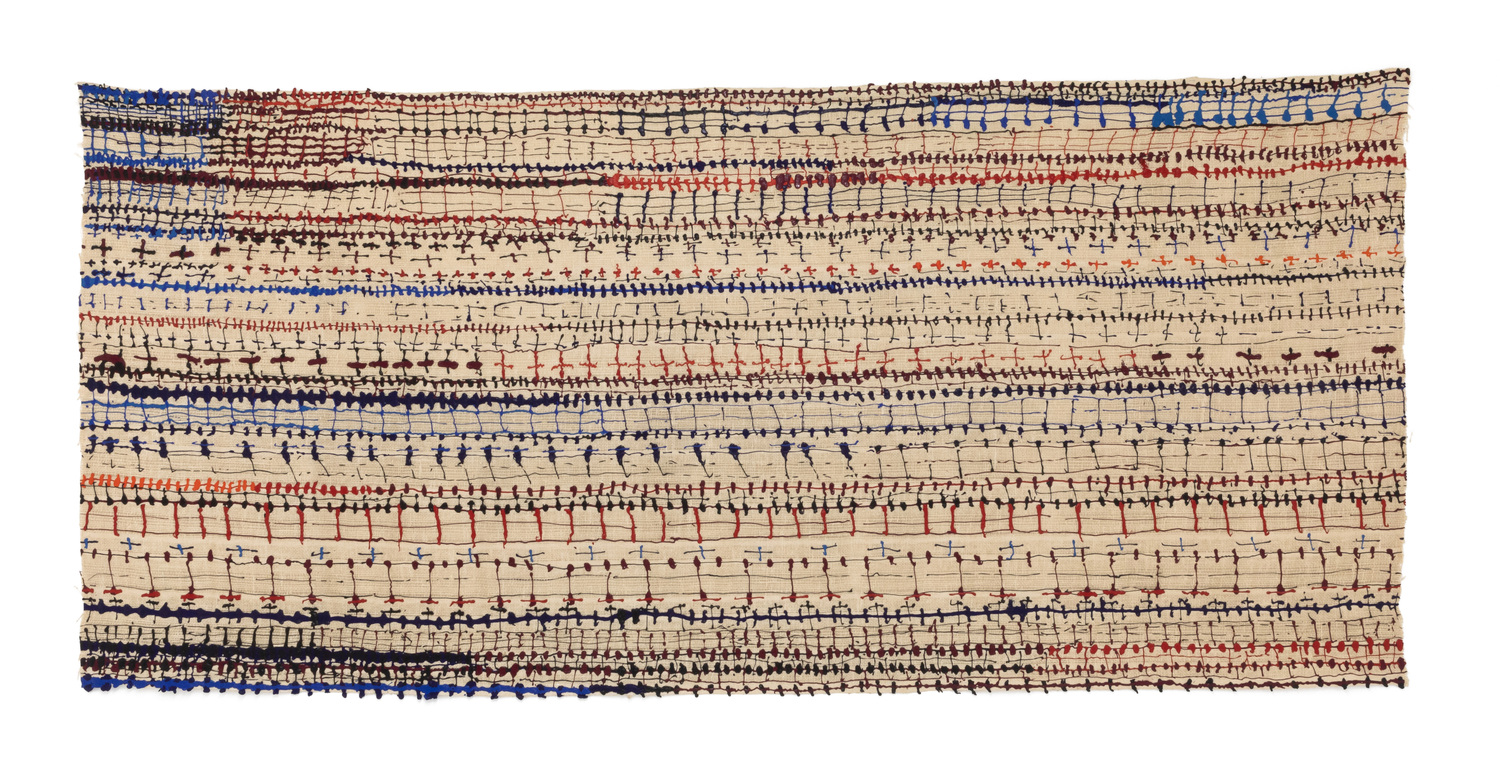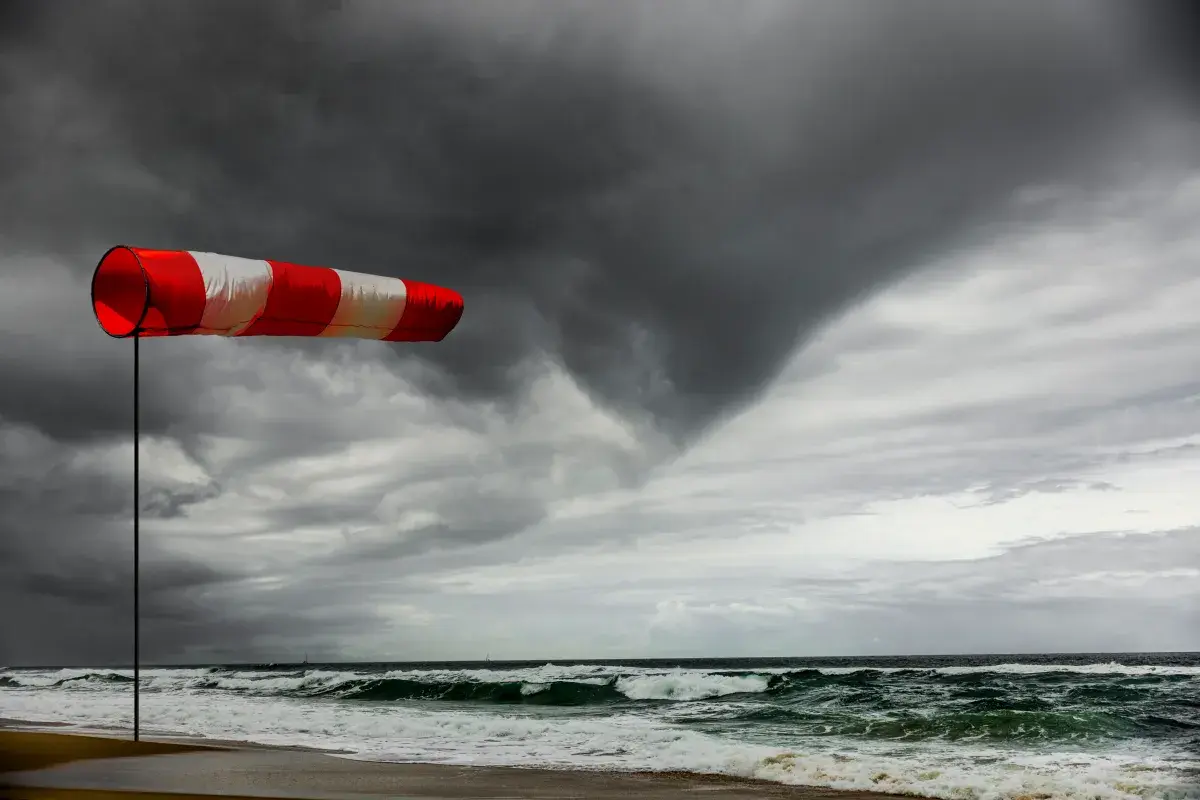Copyright tribuneonlineng
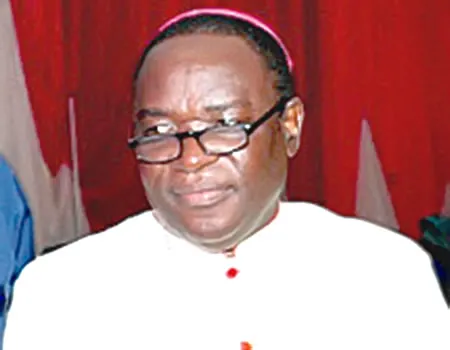
Says Obama administration slowed down fight against Boko Haram under Jonathan•Designation will hurt Nigeria more, he says The Bishop of the Catholic Diocese of Sokoto, Bishop Mathew Hassan Kukah, has called on world leaders not to designate Nigeria as a country of concern on terrorism. Bashop Kukah, who stated this in a presentation he made at the Launch of the ACIN 2025 World Report on Religious Freedom in the World, held at the Augustinianum Hall, Vatican City, on October 21, said that though the country is being faced with myriad of security challenges, the fact remains that the assailants were not perpetrating their evil with respect to religion. In his submission entitled ‘Comments at the launch of ACIN 2025 World Report on Religious Freedom in the World’, Bishop Kukah said that while Nigeria faced a dire situation in terms of religious dichotomy under the eight years of the late President MuhammaduBuhari, the situation has changed under the current situation, with the administration of President Bola Bishop Kukah stated that whereas “there have been serious concerns nationally and internationally over the deterioration of security matters in Nigeria,” the reports have according to him focused on what he called “the tragic outburst of violence that has turned huge swaths of the Nigerian landscape into a huge killing field.” He strongly canvassed against designating Nigeria as a Country of Concern, as, according to him, such a measure would further hurt Nigeria. He said: “I do believe that today, acts of impunity persist, but it is my view that re-designating Nigeria a Country of Concern will hurt the initiatives we are working on with the current government to collectively resolve the nagging problems of first, the persecution of Christians, and of course, the larger issues of ending the mindless killings of our citizens. “Designating my country, Nigeria, a Country of Concern will only make our work in the area of dialogue among religious leaders in our country and elsewhere with the Nigerian state even harder. It will only increase tensions, sow doubt, open windows of suspicion and fear, and simply allow the criminals and perpetrators of violence to exploit. What Nigeria needs now is more vigilance by the organizations such as the ACIN and civil society groups to continue to press for change and to deliberately work to end impunity.” He noted that the country has, in the last 15 years, been battling with the incursion of murderous gangs of Islamicists and jihadist groups, who have been wreaking havoc by destroying lives and properties, and ravaging farmlands. The biggest challenge for Nigerians is the appropriate language to identify the arsonists with. He said: “The biggest challenge for us is the appropriate language to use in describing this tragedy. The reactions have been confusing. Early narratives spoke of farmer-herder clashes, climate change, cattle rustling, outright criminality, etc. With the emergence of Boko Haram and the targeting of Church structures, destruction of schools, hospitals, the kidnapping of priests, the religious, seminarians and other pastoral agents, the murderous gangs invoking the words like, allahuakubar as their anthem of death, there was no other way of speaking of persecution of Christians by these jihadist groups rather than calling them religious persecution targeted at Christians.” He, however, stated that the sacking of communities and the occupation of swaths of land by these terrorists, who also target Muslims who do not believe in their brand of Islam, has left many confused as to the real motives of the attackers. “Today, the floods of blood in Nigeria have no boundaries. This is why the debate over what is happening to us has become so confusing within and outside Nigeria. Although we cannot find the right words, the simple truth is that Nigerians are dying for a living,” he said. According to the Bishop, the confusion over the appropriate language for the widespread crime in Nigeria was understandable, as, according to him, the tragic turn “has disrupted years of Nigeria being a colourful tapestry of wonderful human relationships marked by great friendships among our people, across faiths and ethnicities.” He gave a personal example thus: “For example, I live in Sokoto, right in the womb of Islam. If we were dealing with outright persecution of Christians on grounds of identity, both myself and my small flock would not exist. For example, on September 8th, 2011, the ceremony of my ordination and installation as the Bishop of Sokoto was marked by this exemplary show of collaboration between the Diocese, the state government, and the Sultan, who personally enthusiastically provided accommodation for my guests during the occasion. I received the gift of a new Prado Jeep from a Muslim friend of mine who said to me, Bishop, this is my gift to you for your pastoral work in your vast Diocese!” He stated emphatically that Nigeria is therefore not dealing with “cases of people who are going around wielding machetes and looking for me to kill because I am a Christian,” adding that he travels often around Nigeria in official regalia without incidents. He stated that what is important is not to create the impression that there are no problems in the country, but that the problems have escalated because the federal and state governments have allowed the problems to fester in the past years. He stated: “I travel in my official regalia as Bishop in and out of Sokoto. We carry out our religious services with no molestations. However, what is important is not to create the impression that we have no problems. We do have serious problems, but these have escalated because the federal and state governments have, over the years, allowed these problems to fester. “The inability of the Federal Government and its security agencies to end these killings has created the condition for the genocide that has taken over many communities today. By whatever names we choose, the fact is that Nigerians are dying unacceptable deaths across the country. In many cases, they are targeted because of their beliefs but also because of their ethnicity. We are on the cusp of a weak state with a clear lack of capacity to arrest the descent into anarchy.” He stated that things were not really that bad in some years past, but that the past eight years of the late President Muhammadu Buhari left many vulnerable. “Nigerians feel vulnerable and unprotected irrespective of their faiths, ethnicity or social classes,” he said, adding that the eight years of Buhari marked the worst phase in the history of interfaith relations in Nigeria, especially relating to violence against Christians and their exclusion from power.” He said: “That administration gave oxygen to jihadists by virtue of its policies, which overtly favoured Islam and northern Nigeria. The President himself was a Muslim, and ensured that the Senate President, the Speaker, the Deputy Speaker, and the entire leadership of security were entrusted to the hands of only Muslims, almost all from the north. This was a departure from the sensibilities that had characterized power sharing in Nigeria.” Bishop Kukah said that he had argued under the Buhari administration that the difference between President Buhari and the Jihadists was that he (Buhari) was using a pen while the jihadists were using weapons of violence against Christians. “I also stated that under Buhari, to gain power, it was more important to be a northern Muslim than to be a citizen of Nigeria.” He stated that the situation was becoming different today, even though the country was still bleeding. “Today, sadly, Nigeria is still bleeding. However, I see a window of opportunity that we could use to restore harmony among our people. The Report acknowledged that the First Family is an example of what should give hope in Nigeria, with the President being a Muslim and his wife being a Pastor in a Pentecostal Church! The President and the Vice President are Muslims, yet Christians have not felt alienated. The Chief of General Staff of the Nigerian Army, the Director of State Security Services, among others, are Christians. “The President just appointed a Christian as the leader of the ruling Party. He has also appointed a Christian as the Chairman of the Independent National Electoral Commission, INEC. These are confidence-building measures aimed at inspiring confidence in the citizens about having a sense of belonging,” he said. According to him, while the Nigerian situation was far from being perfect, the country can be said to be in a bad place, while there are signs of improvement. “Our situation is far from perfect. We are still in a bad place, but there are signs of a government willing to listen,” Kukah said. He said that while the late President Buhari simply looked the other way when killings were reported in communities, President Tinubu had physically paid a visit to the troubled communities of Yelwata and had interactive sessions with the victims. The Bishop also blamed the Obama and Biden administrations in the United States for contributing to the situation in Nigeria by the way they handled the fight against Boko Haram under the Presidency of Goodluck Jonathan. “The country was already making progress. The decision to block Nigeria’s access to the required weapons to end this violence by the Obama administration and their drive to impose President Buhari on Nigeria pushed back this fight. “I therefore appeal to President Donald Trump, who is already working hard to show that a peaceful world is possible with his historic achievement in the Middle East, to lift the ban and allow Nigeria access to the military tools it requires to free our country from the stranglehold of these evil men. I believe this will set us on a course to end the violence that extremist groups and merchants of death have inflicted on us,” he said.
